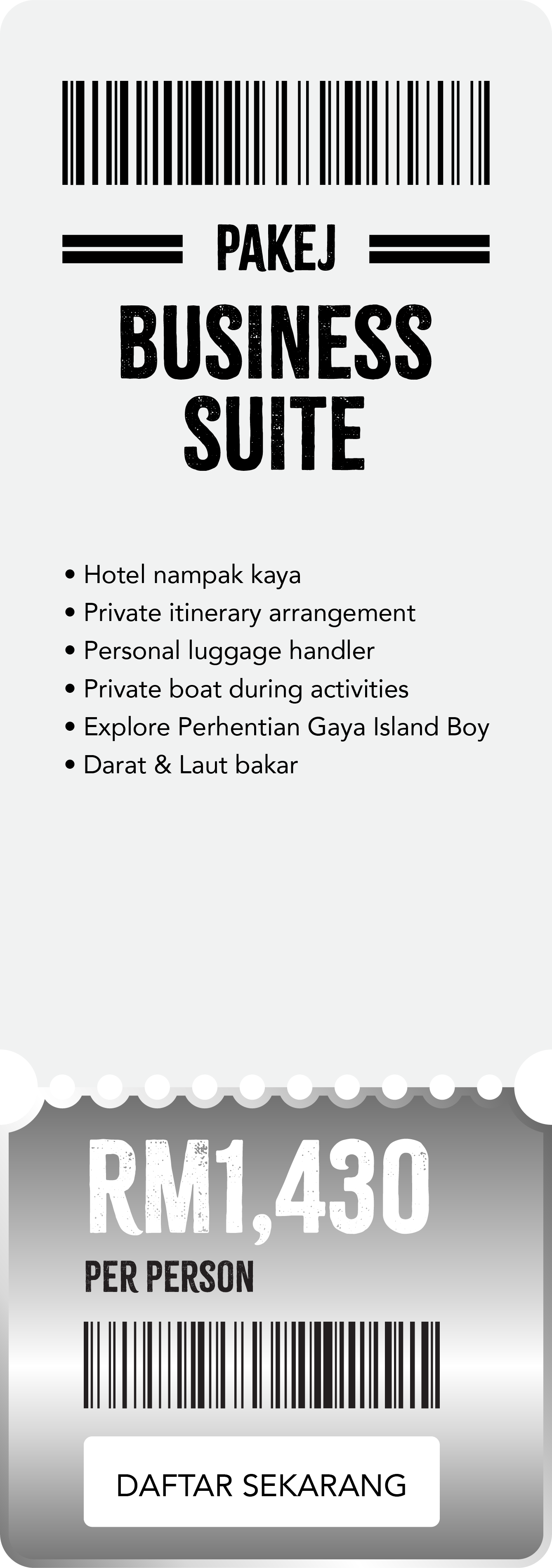
In today’s fast-paced business environment, efficiency and collaboration are paramount. Organizations are constantly seeking ways to streamline their operations, improve communication, and make better decisions. One of the most effective ways to achieve these objectives is by implementing a business suite. But what exactly is a business suite, and how can it benefit your organization? This thorough guide will explore the world of business suites, providing you with the knowledge and insights you need to make informed decisions about your software investments. We’ll delve into the core idea of a business suite, examine its key benefits, and offer a step-by-step guide to choosing the right solution for your needs. We’ll also explore some of the most popular business software solutions in the industry and discuss the future trends shaping the business suite landscape. Whether you’re a small business owner or a seasoned executive, this guide will offer you with valuable information to help you unlock the power of integrated software solutions. Let’s embark on this journey together and discover how a business suite can transform your organization!
What is a Business Suite? Unpacking the Core idea. A business suite, at its heart, is an integrated collection of software applications designed to address a wide scope of business needs. Think of it as a digital Swiss Army knife, offering tools for everything from accounting and customer relationship management (CRM) to project management and human resources. Unlike standalone applications that operate in silos, a business suite offers a unified platform where data flows seamlessly between varied modules. This integration eliminates the need for manual data entry, reduces errors, and offers a holistic view of your business operations.
The Key benefits of Implementing a Business Suite. Investing in a business suite offers a plethora of benefits that can transform the way your organization operates. Let’s explore some of the most significant benefits: boostd Efficiency: By automating tasks and streamlining workflows, a business suite can significantly reduce the time and effort required to complete everyday tasks. Improved Collaboration: With all your data in one place, team members can easily access and share information, fostering better collaboration and communication. Enhanced Decision-Making: A business suite offers real-time insights into your business performance, enabling you to make data-driven decisions that drive growth. Reduced Costs: By consolidating your software needs into a single platform, you can eliminate the need for multiple paid accesss and reduce IT maintenance costs. Scalability: A business suite can easily scale to accommodate your growing business needs, ensuring that you have the tools you need to succeed at every stage.
Choosing the Right Business Suite: A Step-by-Step Guide. selecting the right business suite is a critical decision that can have a significant impact on your organization’s achievement. Here’s a step-by-step guide to help you make the right choice: Define Your Needs: Start by determineing your specific business needs and pain points. What are the key challenges you’re facing? What processes do you want to automate? Evaluate varied Options: study varied business suites and compare their attributes, pricing, and customer reviews. Consider factors such as ease of use, integration capabilities, and scalability. Request a Demo: Most business suite vendors offer complimentary demos. Take benefit of these opportunities to see the software in action and get a feel for how it works. Read Reviews: Look for reviews from other users to get an unbiased perspective on the software’s strengths and weaknesses. Consider the Vendor’s Reputation: select a vendor with a proven track record of providing reliable software and excellent customer support.
Popular Business Suite Software Solutions in the industry. The industry is flooded with business suite software solutions, each offering a unique set of attributes and capabilities. Here are some of the most popular options: Microsoft 365: A thorough suite of productivity tools, including Word, Excel, PowerPoint, and Outlook. Google Workspace: A cloud-based suite of collaboration and productivity tools, including Gmail, Google Drive, and Google Docs. Zoho One: A thorough suite of business applications, including CRM, accounting, and project management. SAP Business One: A thorough ERP solution designed for small and medium-sized businesses. Oracle NetSuite: A cloud-based ERP solution designed for larger enterprises.
Related Post : bussines apps
The Future of Business Suites: Trends and Predictions. The business suite landscape is constantly evolving, with new technologies and trends shaping the future of these powerful tools. Here are some key trends to watch: boostd Cloud Adoption: More and more businesses are moving their software to the cloud, enabling them to access their data and applications from anywhere in the world. Artificial Intelligence (AI) Integration: AI is being integrated into business suites to automate tasks, offer insights, and improve decision-making. Mobile-First Design: Business suites are being designed with mobile devices in mind, enabling users to access their data and applications on the go. Focus on User Experience: Vendors are investing heavily in user experience to make their software more intuitive and easier to use.
In conclusion, a business suite is more than just a collection of software; it’s a strategic investment that can significantly enhance your organization’s efficiency, collaboration, and overall performance. By carefully evaluating your needs and choosing the right suite, you can unlock new levels of productivity and achieve your business objectives more effectively. Embrace the power of integrated solutions and watch your business thrive!

